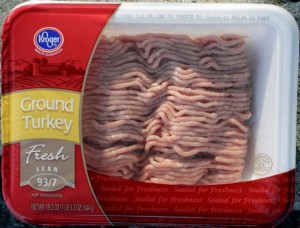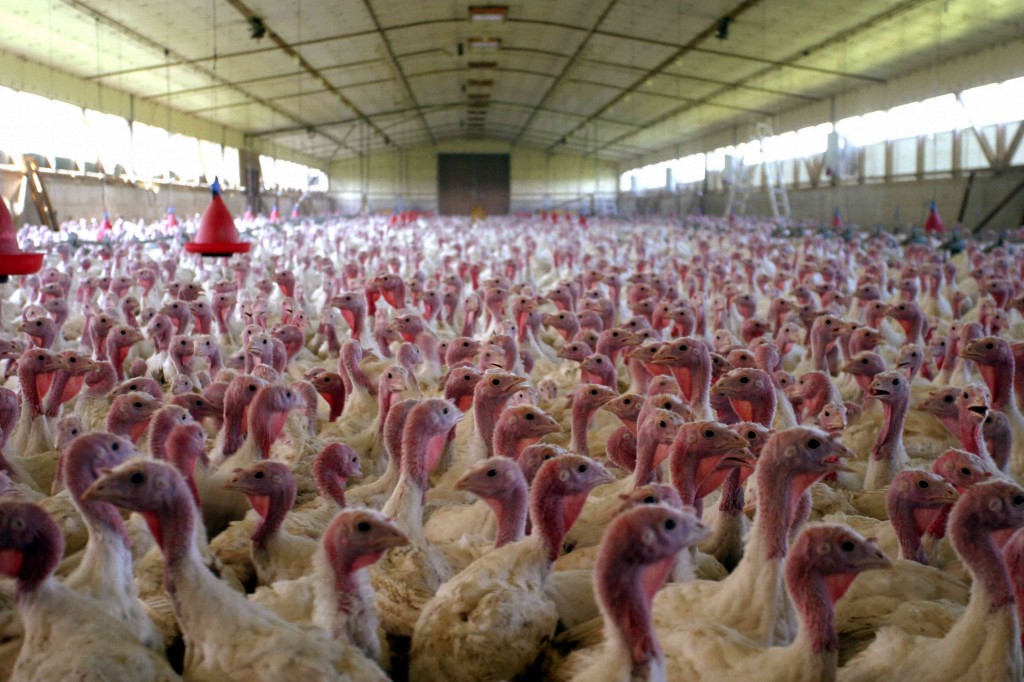
Sometimes it’s hard to break a bad habit. Especially if that bad habit is sabotaging safety in the name of record profits.
But why must the public continually shoulder the consequences of Cargill’s greedy weak spot?
There are many hidden costs of our industrialized food system, but some times it’s impossible to keep them out of sight. Just last week, Cargill initiated the second-largest meat recall in U.S. history, pulling almost 36 million pounds of ground turkey off the market after a salmonella outbreak linked to one death and 79 illnesses in 26 states. This is yet another clear warning signal that our global industrial food system is failing.
Meanwhile, Cargill quietly reported another record: $4.2 billion in net profits from the 2010 fiscal year, a 63% annual increase. It’s pretty damn obvious that making so much money is coming at a cost of neglecting basic safety standards and environmental responsibility. As a global food trader, Cargill is addicted to putting the very health and safety of human beings around the world second to its own profits.
When public safety is jeopardized by our own dinner plates, many of us naturally step back and ponder, “How could something like this happen?” Some people (correctly) point to recent state and federal budget cuts limiting government agencies like the Food and Drug Agency from being able to enforce safety regulation. While the assertions are correct — the FDA’s mission is not effectively enforced — this unfortunately is only a piece of the problem.
If the turkey didn’t make you sick, the nasty industrial food system sure will…

To fully trace how deadly turkey, lethal eggs, and sickening spinach end up all over the country in a matter of days, we need to step back and look at the current global food system as a whole.
Today, this issue is generating more attention than ever, in part due to the fact that more and more people are dying from disease-causing bacteria from Confined Animal Feeding Operations (CAFOs) — a key component of our current consolidated food system. The connections between the methods of industrial food production, agricultural policy, food-borne illness and food safety scandals run deep.